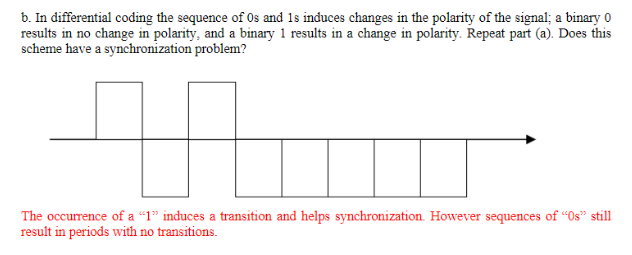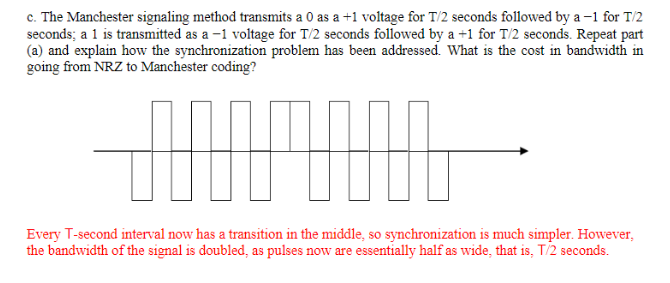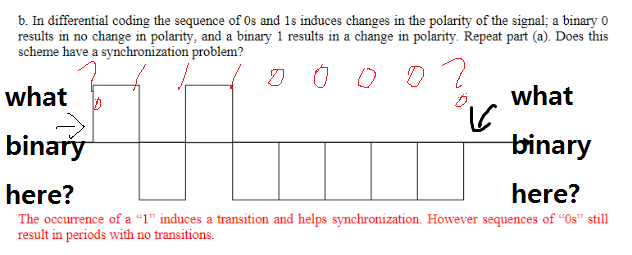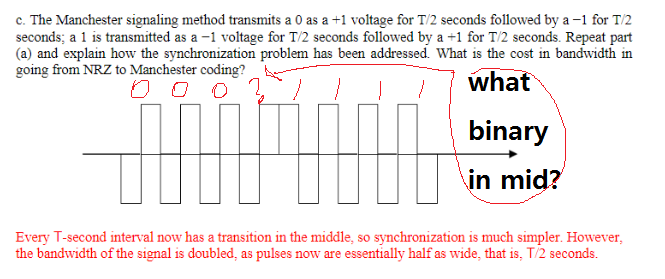I have some questions with solution provided from random material, but I can't understand well.
I tried to represent binary for each block according to description in the picture above, is this correct? (where you see "? 1 1 1 0 0 0 0 ?") in terms of location I placed and the value of binary.
And also for 2 of "?"'s I drew at the end of each side, what would be good value to be in there? (i simply put "?" mark because I do not know binary for those 2 blocks)
================= END of Q1 =================
Similar question as question 1. I tried to represent binary for each block according to description in the picture above, is this correct? (where you see "0 0 0 ? 1 1 1 1") in terms of location I placed and the value of binary.
And also for "?" I drew around the mid point, what would be good value to be in there? (i simply put ? because I do not know binary for that block)
================= END of Q2 =================
Here are original images without my drawing in case if you need them to answer above questions:




